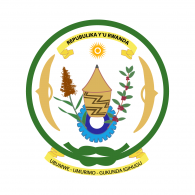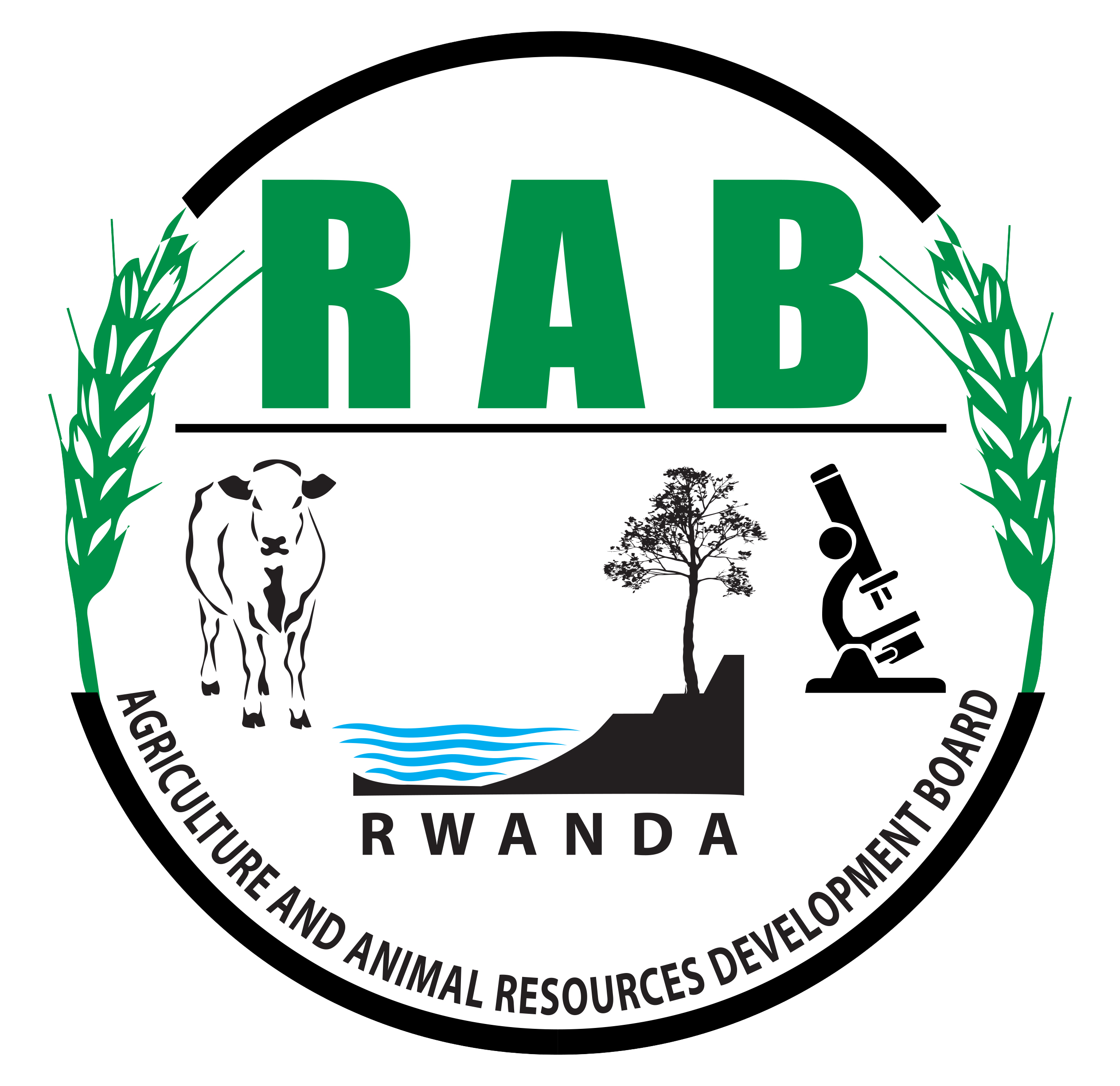Although agriculture in Rwanda is mainly for subsistence, it is the most important sector in Rwanda’s economy, contributing about 43% to the GDP and employing more than 90% of the active population in 1998. Rwanda’s main food crops are banana, sweet and Irish potatoes, cassava, pulses, sorghum and maize. Coffee and tea are the major export crops, accounting for more than 60% of the value of all Rwanda’s exports.
The first agricultural research activities in Rwanda trace back to 1930 during colonization by Belgium. After a famine in 1929, a seed multiplication center was established in the country, which became the current Rwanda’s Agricultural Research Institute (ISAR), the only agricultural research institute by mandate in Rwanda. The other institutes contribute only modestly to agricultural research. The 1994 genocide had catastrophic consequences. The national institute was looted, losing most human resources, equipment, publications and germplasm collection.
Agricultural research is expected to play a key role in reversing the steadily declining crop production, by developing and disseminating resistant varieties through biotechnology. Most of the breeding activities consisted in evaluation of introduced germplasm from abroad. The crops receiving the most research attention are beans, sweet potatoes and bananas. Biotechnology is a new venture in Rwanda and is still limited to tissue culture. In general, budget allocation to plant breeding has been minimal, especially after 1994.
The Rwandese 1994 genocide wiped out all efforts in plant breeding; immediately after 1994 there was no single practicing plant breeder in the country, and no infrastructure. Plant breeding and biotechnology cannot be developed as long as there is not a minimum nucleus of professional breeders, and a significant effort of the Government to resuscitate agricultural research.
Public institutes

Ministry of Agriculture (Rwanda)
Website available in English
The Ministry of Agriculture and Animal Resources (MINAGRI) has the mission of promoting the sustainable development of a modern, efficient and competitive agriculture and livestock sector, in order to ensure food security, agriculture export and diversification of the productions for the benefit of the farmer and the economy of the Country.

Rwanda Agriculture and Animal Resources Development Board
Website available in English
The Rwanda Agriculture and Animal Resources Development Board (RAB) is an autonomous body established by LAW N°38/2010 OF 25/11/2010 and Currently, RAB is governed by Law N° 14/2017 of 14/04/2017 establishing Rwanda Agriculture and Animal Resources Development Board (RAB), determining its mission, organization, and functioning. The law specifies that: RAB has the general mission of championing the agriculture sector development into a knowledge based; technology driven and market oriented industry, using modern methods in crop, animal, fisheries, forestry and soil and water management in food, fibre and fuel wood production and processing.
